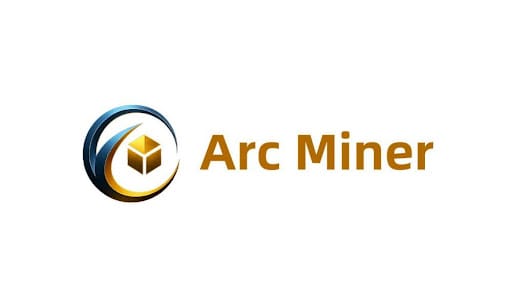Without Corruption And Bureaucracy: What Is Blockchain And What Are The Possibilities Of This Technology?
Anyone remotely interested in technology has heard the words Bitcoin and blockchain at least once in their lives. And thanks to their increasing value, the mainstream public is hyped up about cryptocurrencies once again. People are looking for ways to buy bitcoin with debit card and invest in it, hoping to make a hefty profit.
However, when it was created, Bitcoin’s main purpose was entirely different. Blockchain, the technology behind Bitcoin was supposed to end poverty, eliminate corruption, and provide financial inclusion for all.
It was the banking crisis of 2008 that inspired the mysterious Satoshi Nakamoto to release the original cryptocurrency. Through it, he aimed to provide a payment network that would circumvent banks and governments altogether. This way, he hoped to avoid similar occurrences to the housing crash of that same year.
Which leaves us wondering - what is blockchain and how is it able to help us achieve this?
What is Blockchain?
Blockchain is a distributed, decentralized, public ledger. Why it’s called a blockchain is actually self-explanatory - it’s a chain of blocks of transaction data on the network. Its goal is to record every Bitcoin transaction, and not allow any modification.
Each block contains important information about the transactions:
- Transaction information - date, time, and amount of the transaction.
- the digital signatures of the participants in the transactions.
- Block identification or “hash” - an identifier that sets it apart from the other blocks on the chain.
Every coin, and every transaction related to each coin, is logged. Because the blockchain is accessible by anyone, it is referred to as a "public ledger."
How Does Blockchain Work?
On the bitcoin blockchain, new blocks are created through a consensus mechanism called proof of work (PoW). Through a process commonly referred to as “mining” participants in the network use the power of their computers to solve increasingly complex mathematical problems. Once the problem is solved:
- New bitcoins are created and awarded to the miner that solved the problem
- Transactions are verified, and a new block is added at the end of the blockchain
Different blockchains may use different consensus methods. An alternative consensus mechanism is proof of stake (PoS), where users lock their funds to validate transactions and receive rewards.
And finally, blockchains are decentralized by design. This means that there’s no central governing body that controls the network, making it permissionless and open to everyone.
Smart Contracts
A natural evolution of the Bitcoin public ledger, Ethereum introduced the use of smart contracts. Not only could these virtual contracts process monetary transactions, but the exchange of many other assets such as documents, royalties, real estate, etc.
Blockchain smart contracts are an ideal solution for systems facing frequent exchanges of data between different parties, which contain manual or even duplicative tasks. The automated nature of contracts and saves time and is less susceptible to human errors.
Potential Uses Of Blockchain To Fight Corruption and Bureaucracy
Due to its nature, blockchain has the potential to serve as an anti-corruption tool by providing the following benefits:
Building Trust Through Transparency
One key property of blockchain-based projects is the focus on transparency and decentralization. If government documents are shared between citizens and government agencies, the potential for distrust in government institutions decreases.
A decentralized public ledger for some citizen services could allow for independent verification of governmental claims. For example, the government of Sweden is experimenting with blockchain-based land registries, enabling multiple parties to securely hold copies of the registry.
Securing Sensitive Data
Government agencies, as society’s record keepers, are often the target of hackers. Blockchain data structures could mitigate the risk that these attacks present.
It would become much easier to protect sensitive data such as Social Security numbers, birth dates, addresses, and driver's license numbers. At the same time, this information could remain easily accessible, yet secure through advanced cryptography.
Improving Efficiency and Reducing Costs
Anyone who has ever had to wait months to obtain a needed document can relate to the problem of government bureaucracy. The public sector can sometimes become an intricate puzzle, excruciatingly difficult to navigate.
Blockchain technology can help streamline processes, reduce redundancy, and increase security and data integrity. Furthermore, it can enhance communication and collaboration between governmental agencies, decreasing bureaucratic inefficiency through decentralization.
Wrapping Up
Through Bitcoin, blockchain technology became widely recognized by the public. We’ve seen this technology evolve, disrupting many industries in the process.
And thanks to blockchain technology, humanity has an open opportunity to address difficult and recurring problems like corruption and bureaucracy. The first step will be to identify where and how blockchain can help, then test and develop the corresponding solutions.
The tools are now at our disposal and the only thing left is the will to try them out and start making the world a better place.




